|
With COVID-19 raging across the world, and the U.S. dealing with the aftermath of a very contentious presidential election, there is no better time to reflect upon the lessons that I learned while walking the “Camino de Santiago”. Also known as “The Way of St. James”, the Camino is an ancient Christian pilgrim route(s), leading from various points in Europe to the cathedral in the city of Santiago de Compostela in northwest Spain. There is a shrine in the cathedral which holds the remains of the apostle St. James. Christians have been making this pilgrimage for centuries, and today hundreds of thousands of people from all over the world, walk the Camino each year. Many modern “pilgrims” walk the Camino for religious or spiritual reasons, some to connect with nature, others for health and exercise, and many others in search of peace and quiet reflection. One of the most popular Camino routes is the French Way (Camino Francés), which starts in St. Jean Pied-de-Port in the Basque region of southern France. This route crosses the Pyrenees from France and traverses approximately 800 km (nearly 500 miles) across northern Spain to the Galician city of Santiago de Compostela. My wife and I walked the Camino Francés over five weeks in the autumn of 2019. We walked the Camino in 33 stages and took two rest days. We walked for 6-8 hours, and averaged 15 miles on the trail per day. The journey took us over mountains, through river valleys, across deserts, and through high, barren plateaus. The weather ranged from hot and sunny to freezing rain. But we were prepared for that. What is difficult to prepare for is the endless miles of solitude, with nothing but your thoughts to keep you company. The time for reflection and self-evaluation is the essence of any journey, and we had nothing but time. The physical hardships of a long trek over several weeks force you to go deep within yourself to find the strength to continue. You also find valuable lessons along the way, that I now carry with me. It has been just over one year since we completed the Camino, and upon reflection, I realize how important those Camino lessons are in helping me get through this very tumultuous year. I would like to share with you some of my reflections, and the lessons that I learned while walking the Camino de Santiago: Be in the moment and don’t be overwhelmed by the challenges ahead. When we crossed the Pyrenees, the mountain pass that we had to reach was visible for many miles. The task seemed impossible, and we thought that we would never make it to the top. We finally realized that it was counter-productive to focus on the destination and the number of miles yet to be walked. Instead, we tried to focus on the moment and enjoy where we were at the present time. This made the journey easier and much more enjoyable. This has parallels with the long road we still have to face with the COVID-19 pandemic. It will be many months or even years before effective therapeutics and vaccines are developed to get us through the pandemic. But if we focus on the end point, our lives will be filled with dread and hopelessness. We need to live in the present and make the most of every day, regardless of the circumstances. We have been down this path before. We get caught up thinking that our experiences are new and our challenges are unique. But they seldom are. Along the Camino we walked through many ancient towns, often along roads built by the Romans over 2000 years ago. We walked the same roads as millions of pilgrims before us. This knowledge helped me to put our current day challenges into perspective. Many generations of people have had to endure deadly pandemics, most recently the Spanish Flu of 1918-1919. Contentious presidential elections have been with us through most of our history as a country. Who can forget Bush v. Gore in 2000, when the Supreme Court stepped in and essentially decided the election? We have been down this path before, and will overcome our present-day challenges. We often confuse wants for needs. One night we stayed in a family run hostal in the small village of Hornillos del Camino. The proprietor insisted on carrying my bag up to our second-floor room. I apologized for the weight of the bag and he replied, “No problema, Americans need lots of things”. To myself I said, “He has no idea”. On the Camino you carry most of your belongings in a backpack. Therefore, it is important to carry only the essentials. Living out of a backpack you quickly learn what is essential and what is not. It is amazing how few things you actually need on a daily basis. There is a saying on the Camino, “The quantity of possessions one travels with represents the amount of fear one carries”. It is so true because most of what we carried were spare articles of clothing and items for every contingency that we could think of. We carried supplies in case of rain, if it was sunny, if there were bugs, if we got blisters, if we couldn’t find food, or if we couldn’t find water. Our packs were full of our fears. We hadn’t yet learned another truth, that “the Camino will provide”. If you put your faith in God’s hands, or trust in the universe, things tend to work out. The pilgrim network along the Camino is vast, and dedicated to helping fellow pilgrims. As long as we were open to the generosity of others, we were never alone and lacked for nothing. Our commonalities outweigh our differences. As we walked the Camino, we met people from all over the U.S., Europe, Asia, Africa, Australia, Canada, and South America. Many of these people came from different cultures and spoke different languages. But we all came to Spain for a common purpose. Each of us got up every day, donned our backpacks, and walked many miles before searching for a place to take our evening’s respite. We filled our water bottles from the same fountains, ate communal dinners under the same roof, shared our stories of aching feet, and discussed the best route for tomorrow’s journey. The electoral college map of the United States paints a pretty bleak picture of the political divide in this country. But politics does not define who we are as individuals or as a people. We are human beings with common goals and desires for ourselves, families, and communities. Political labels don’t define us, but our common humanity does. If we accept our differences and embrace our commonalities, together we can more this country forward. Control is an illusion. You can’t control everything, because you are not in charge. My wife and I are planners, and we had every stage of the journey mapped out. But you soon learn on the Camino, as in life, there are so many things that are out of your control. We couldn’t control whether the day would bring scorching heat or bitter cold rain, whether the water at a particular fountain was potable, if the shop would be open during siesta, or if our feet would blister despite all the training. Today we can’t predict, much less control, the course of the COVID-19 pandemic. The only thing that we can control is our reaction to the circumstances that we find ourselves in. Today we make a choice whether or not to wear a face mask in public and to practice social distancing. I’m not saying that planning is a bad thing. We just have to be flexible, and realize that there are many things in our lives that we have little, if any, control over. If you wait for the perfect time or for the conditions to be just right before you act, you won’t get very far. There is a degree of risk in every journey and in anything of consequence that we endeavor to do. It is human to try and minimize risk. It is also human to focus on “why not” to do something, rather than on the “how” to move forward or to make it happen. If you wait for conditions to be just right, you will miss out on much that life has to offer. We decided to walk the Camino after a relatively short planning period. We would have been better prepared if we had waited to the spring of 2020. But if we had waited, we would have never made the journey due to COVID-19. Silence is golden. While walking the Camino I didn’t listen to music or podcasts. I wanted to be open to the sounds of nature and the voices of my fellow pilgrims. I found that by turning off the noise that I was accustomed to at home, I was better able to experience my surroundings and become immersed in the experience. I was also able to experience peace, and become more comfortable with my inner thoughts. The lack of TV, internet and newspapers along the Camino, made it a much more peaceful, rich, and rewarding experience. We also made it a rule not to discuss politics on the Camino, which did wonders for our mental health. I find it important to take a little time each day to turn off the noise, and spend time in quiet reflection. If this occurs when out in nature, all the better. Walking in nature is like Prozac for the soul. Walking forces you to slow down and become more attuned to your surroundings. You see, hear, smell, and sense things that you never would by driving, or even riding a bike. The beauty of nature helps us to connect with the wonders of life and rekindle the simple joys that were common in our youth. Along the Camino we visited some of the most spectacular cathedrals in the world. But nothing that man has built comes close to the majesty and beauty of the landscapes and natural wonders that we encountered. As the weather and topography changed, so did the colors and variety of flora that we encountered. We would not have been able to experience the wonders of the natural environment if we were traveling any other way than on foot. Chance encounters and unplanned moments bring joy to the day. Along the Camino there are a lot of ancient cities and historic sites which we knew about and planned for. But some of our most memorable experiences were chance encounters and unexpected sites that we happened upon. For example, the magnificent view that emerged as we left a wooded path, rounding a corner and being confronted by a long-horned cow, the local cat who escorted us through her village, the brightly colored mushrooms and unusual flowers that sprang up along the path, the ancient stone walls covered in bright green moss, or the chance encounter with our Camino friends, Dave and Julie from Tasmania, on the bustling streets of Santiago. These were the types of things that made each day special. There are many experiences in life that are fleeting, and we may never experience them again. Knowing this helps you appreciate them more, and to be fully present when they occur. Take time to occasionally look behind you to see where you have been. In our efforts to charge ahead and get to the next destination, we often forget where we are or where we have been. On long days when we were pressed for time, the natural thing to do was to lower our heads and press forward as quickly as possible. It was only when we paused and looked back over the landscape that we had just traversed, did we realize where we had been. Once we realized this, we would often stop and look behind us. This gave us an appreciation for our surroundings, and a chance to see it in a whole new light. Knowing that in all probability we would never be in this place ever again, helped to crystalize the importance of the moment for us. You don’t have to go to Spain to have a “Camino” experience. Traditionally it has been a religious pilgrimage, and to some it still is. For others, it is an opportunity to be in the company of like-minded people. Some like the communal living, others enjoy hiking and want the physical challenge of the Camino. Others are drawn to the natural beauty, and still others come for the historic and architectural wonders. The Camino experience may be found close to home, particularly in the beauty and solitude of nature. Take out the earbuds, turn off the cell phone and TV, and find peace and solitude where you are. Who doesn’t need that right around now?
If you enjoy reading this type of commentary please subscribe to my blog and tell a friend. You will receive an email notification when new blogs are posted. The email will come from the site’s email: [email protected]. Thanks, Armchair American
2 Comments
|
AuthorThe Armchair American. Archives
November 2024
Categories
All
|
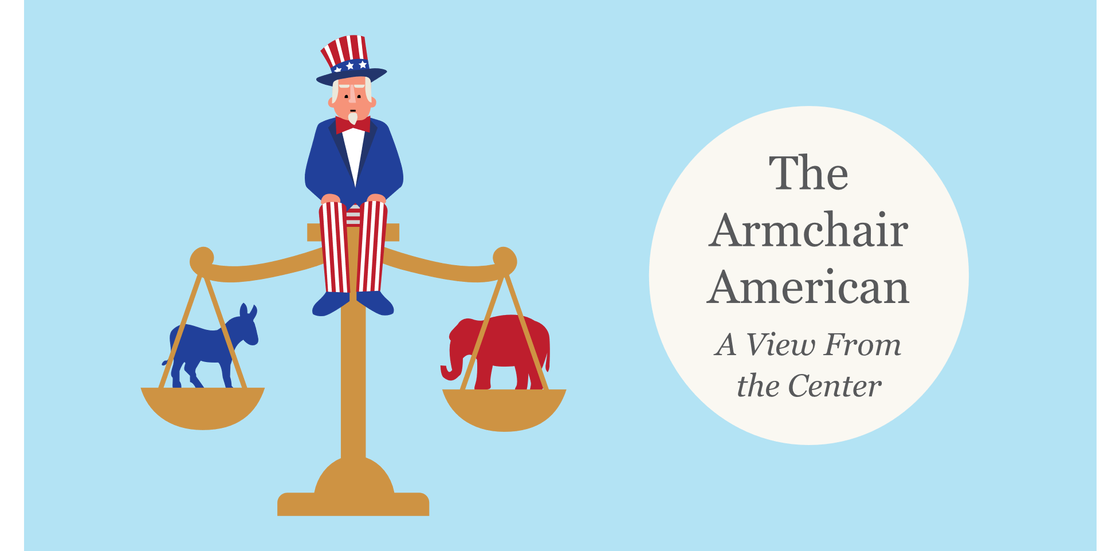
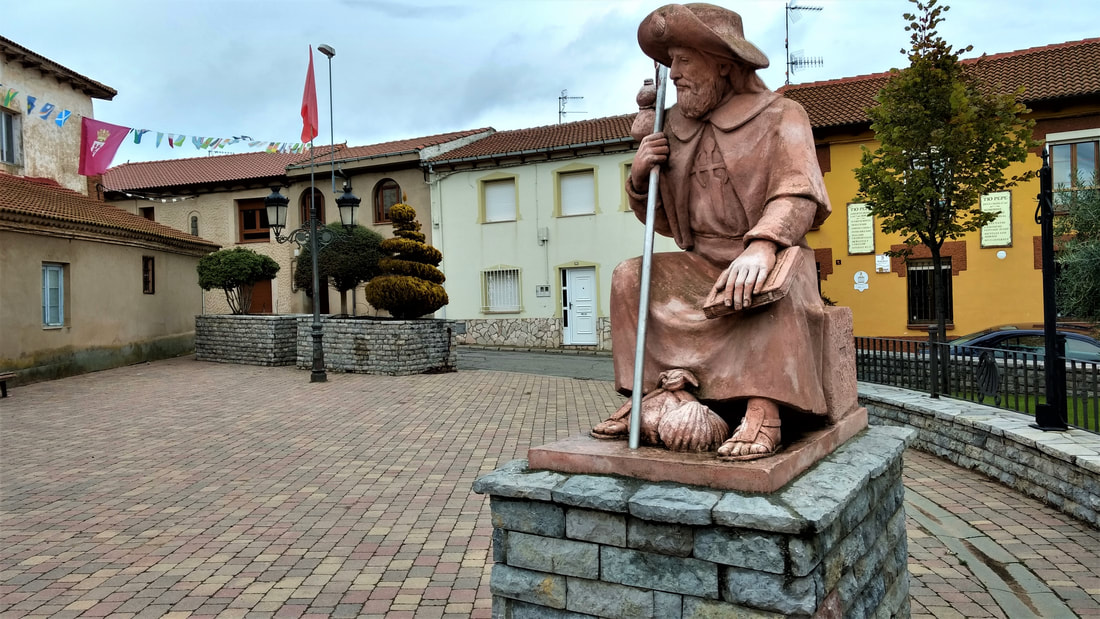
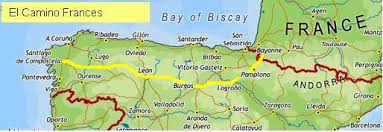
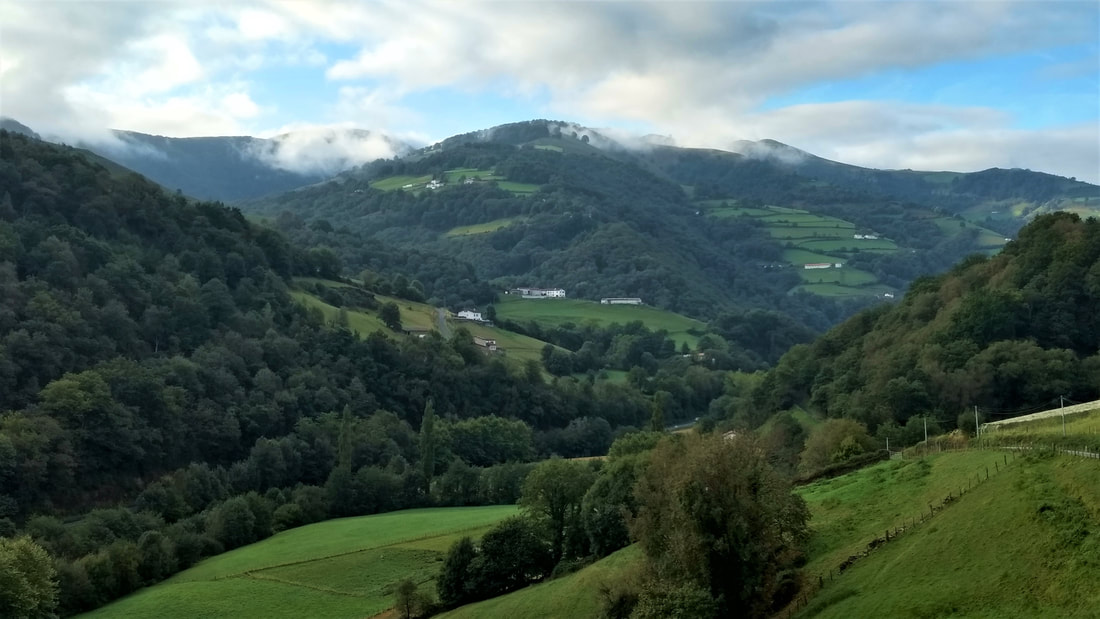
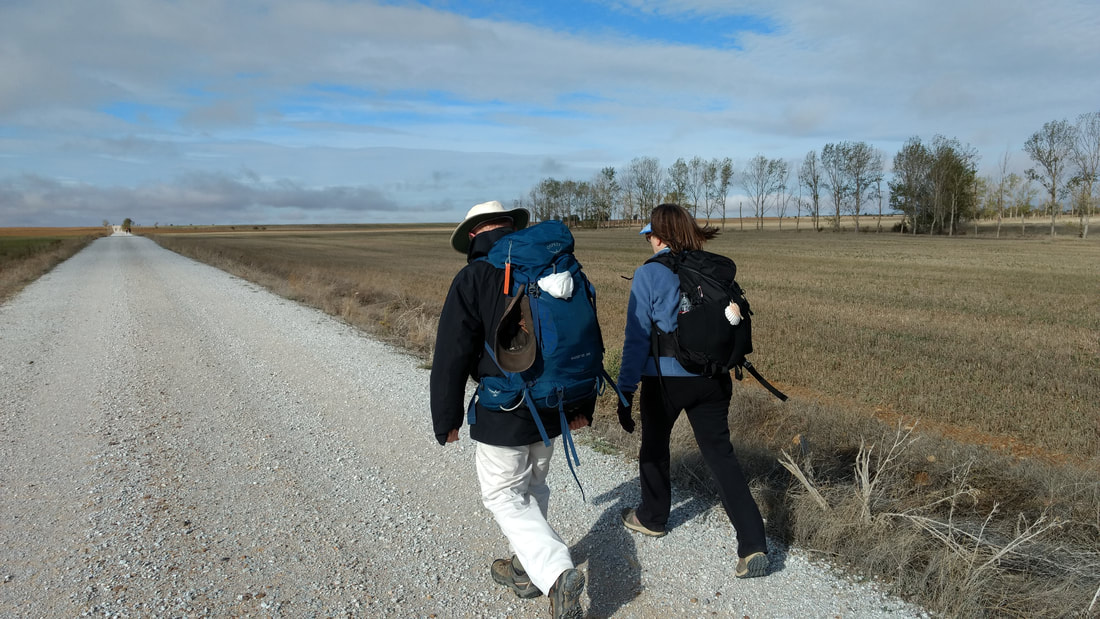

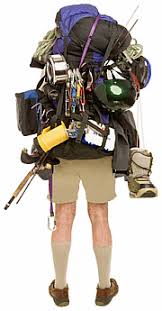
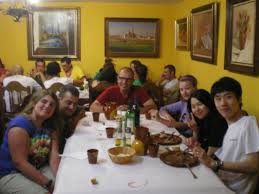
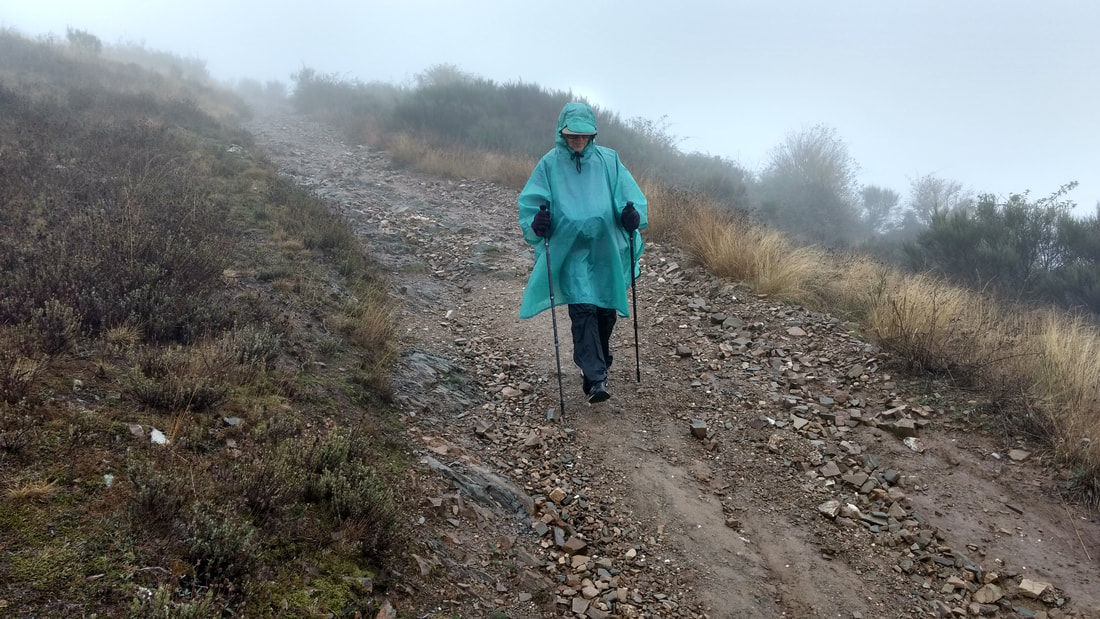
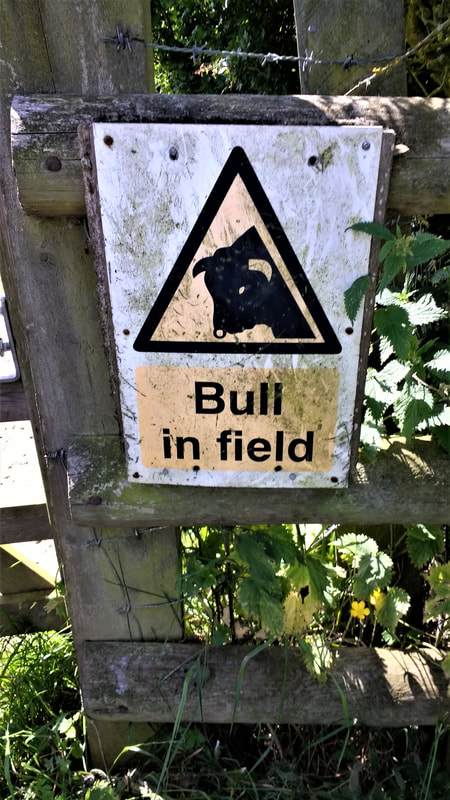
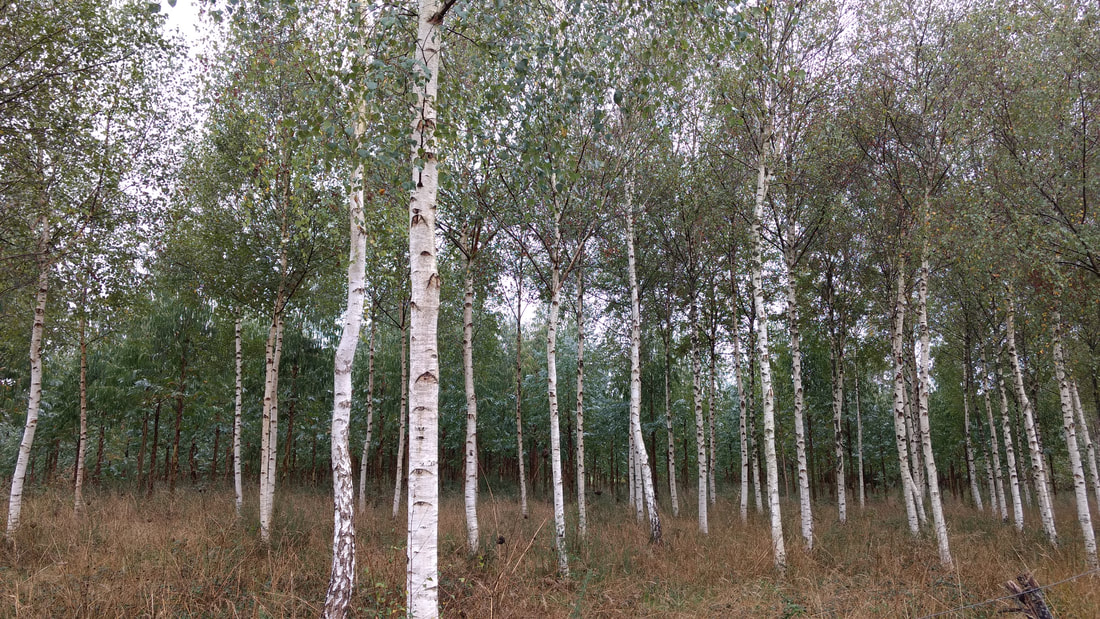

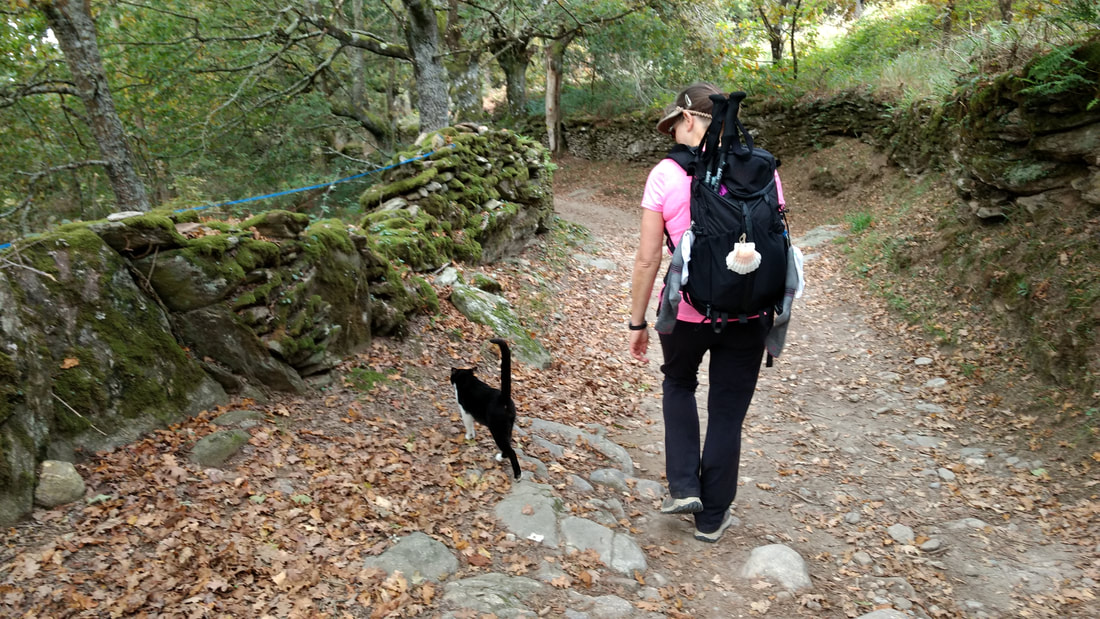
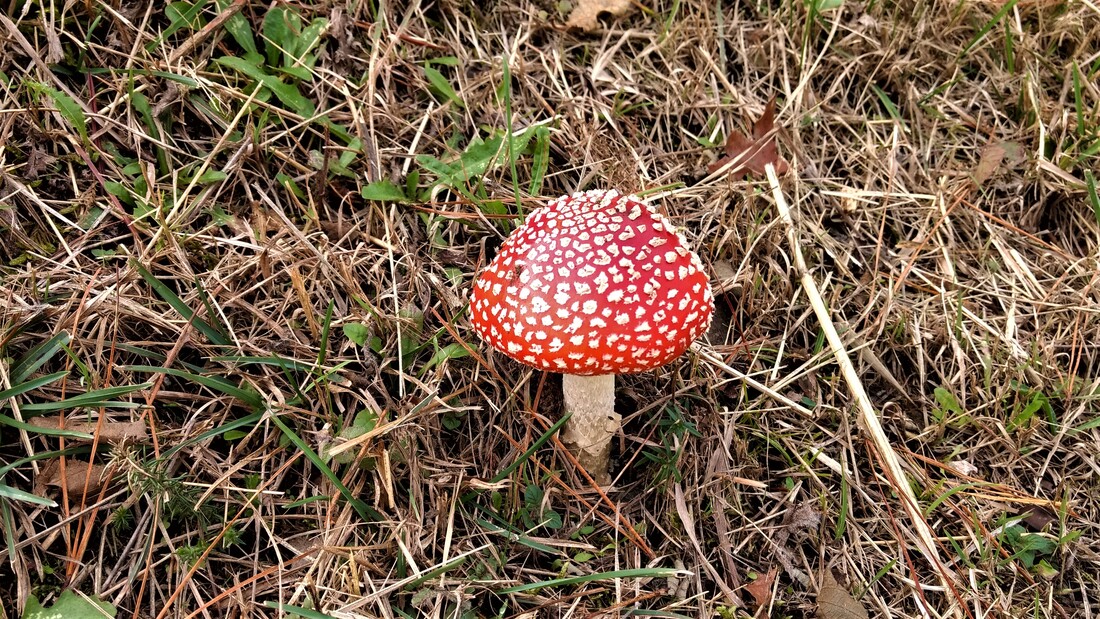
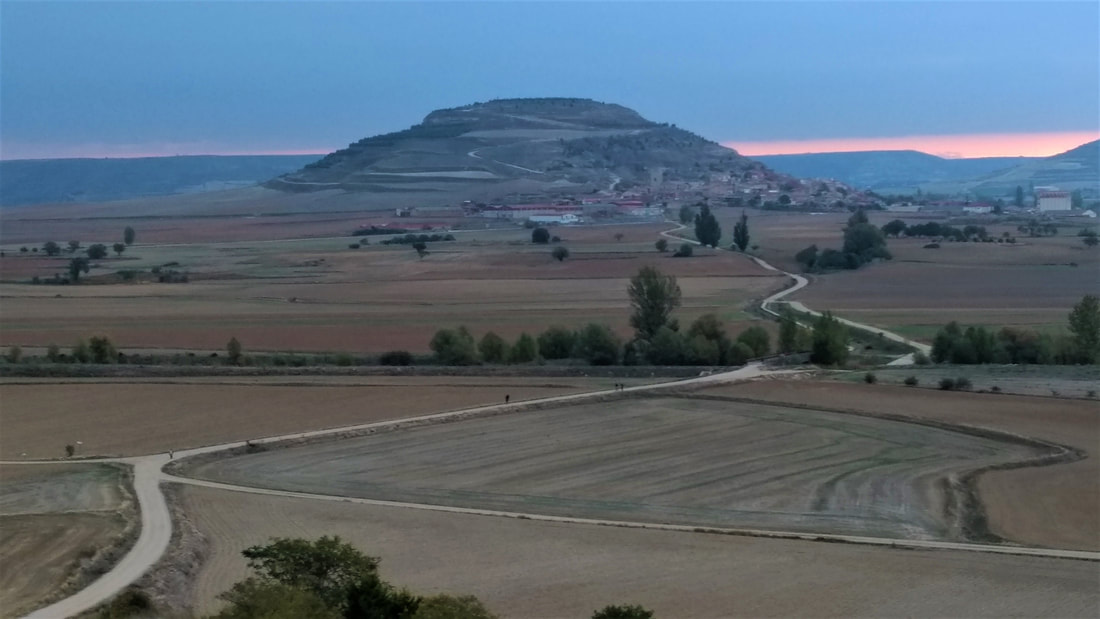
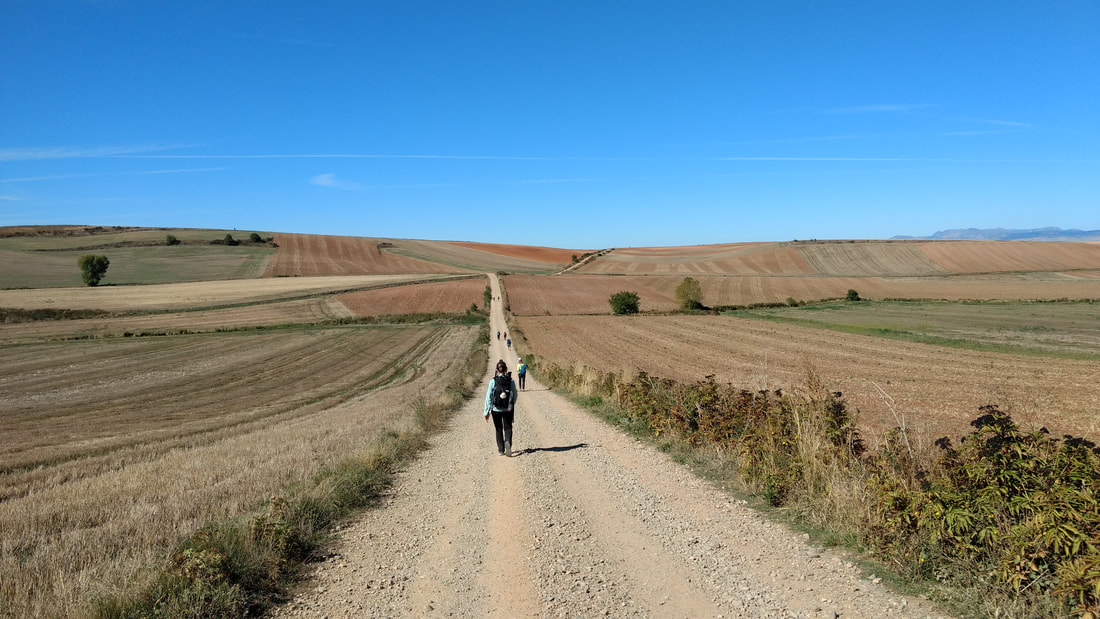
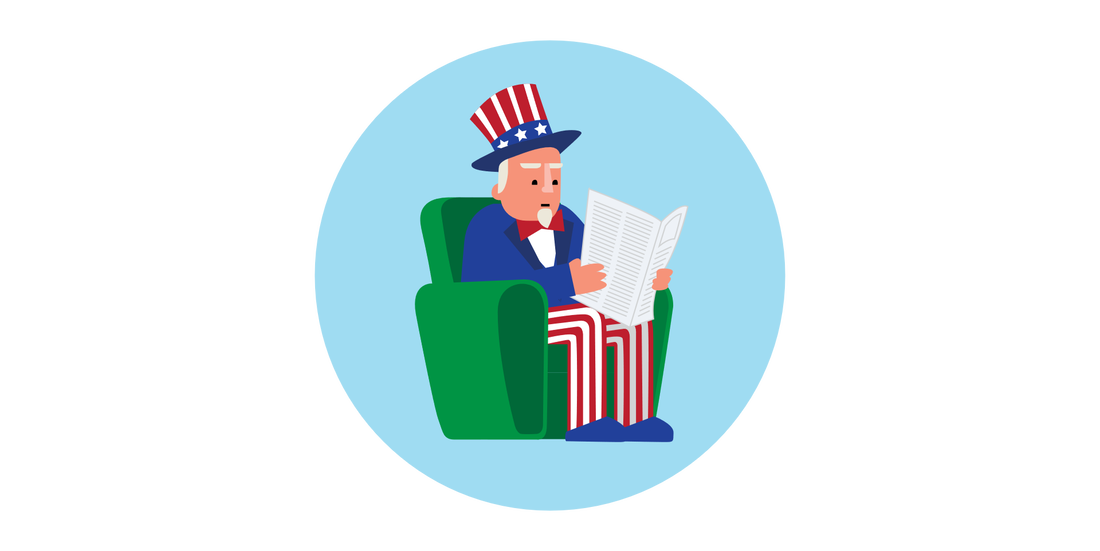
 RSS Feed
RSS Feed